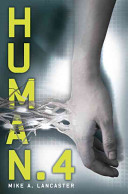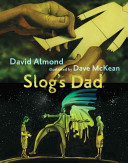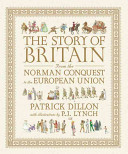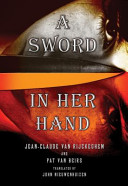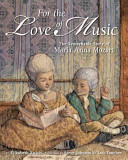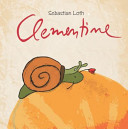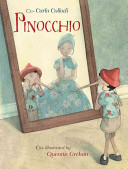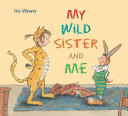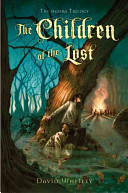
Cast out of the city of Agora where they were left at the end of The Midnight Charter, Mark and Lily must now survive in a dense forest. The strange villages, terrifying nightmares, and powerful witches they find there are even more frightening than Agora with all its slums and secrets. In an adventure that expands with every turn of the page, David Whitley delivers a novel as thrilling and horrifying as his characters’ darkest dreams.

